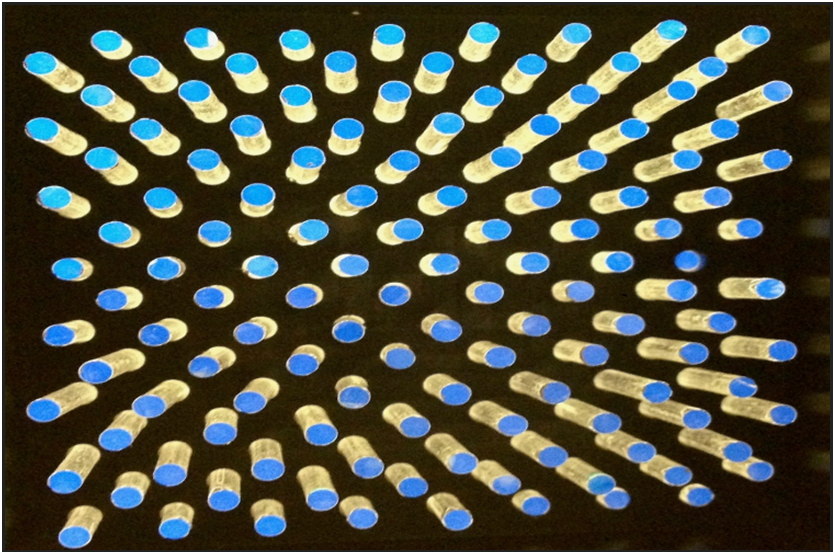Nuclear Physics Theme Area
Section outline
-

POM Matrix, Muon Imaging System, University of Glasgow/Lynkeos Technology
The Nuclear Physics theme covers a wide range of subject areas, including a number of different specialities. Depending on their individual backgrounds and areas of research, Ph.D. students will be required to attend a different set of SUPA courses. The decision on which courses to include should be made in consultation with the student’s PhD supervisor.
Typically, a two year course program will include:
- Specific Nuclear Physics lectures taken from the course list
- Core skills classes, such as C++ Programming and Data Analysis, where appropriate
- Transferable skills courses such as an Entrepreneurship course
Where the number of courses taken exceeds the minimum requirement, students and their supervisors should agree on which courses should contribute towards the overall assessment. There are several Doctoral Training Centres that are part of Nuclear Physics. PhDs in these Centres are usually four years in duration, where the whole of the first year is dedicated to formal courses and mini-projects. Students will normally decide on their PhD topic at the end of the first year.
-
Theme Leader
Bernhard Hidding, University of Strathclyde, bernhard.hidding@strath.ac.uk
